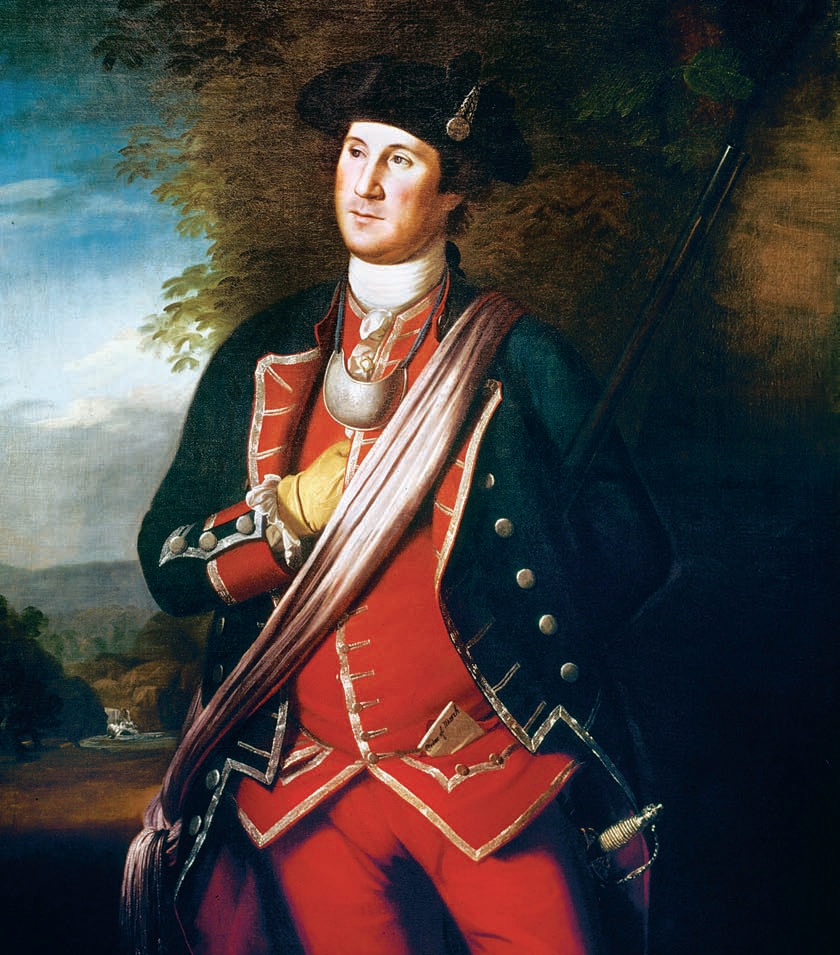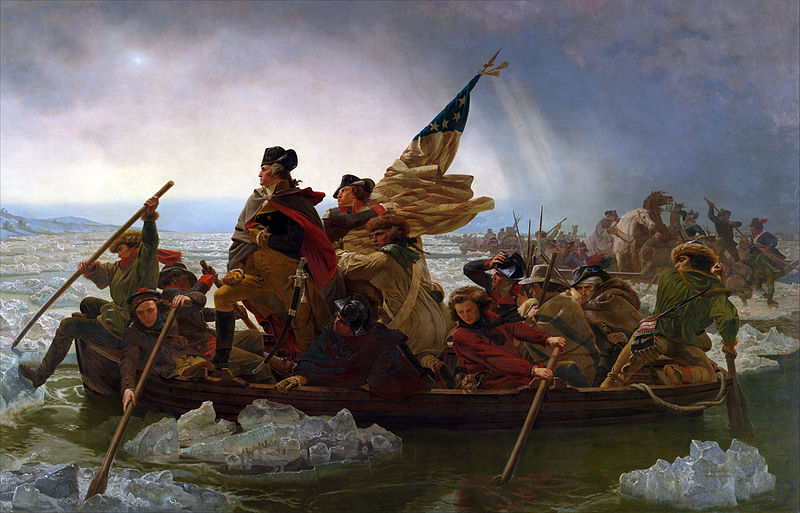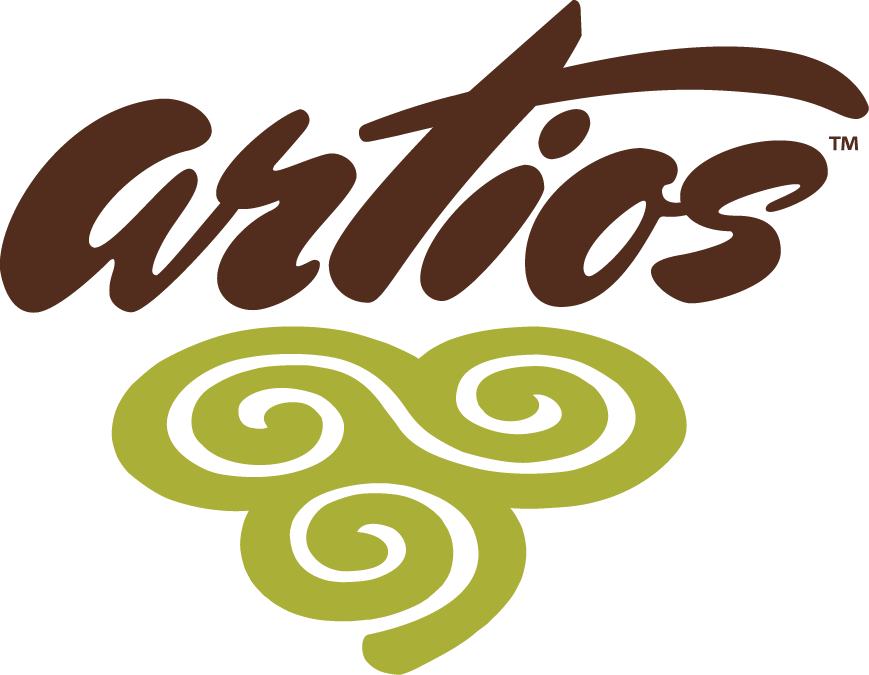[precontent]
[one_third]
Unit 13: George Washington, Part I
[/one_third]
[two_third_last]

[/two_third_last]
[/precontent]
[three_fourth]
[box]
[box_header]
Unit 13 [flag bg_color=”#d6e3bc” text_color=”#9d241a”]Elementary[/flag]
[/box_header]
[box_content]
Unit Overview
- Subjects Covered
- Grammar, Literature, Composition, History
- Time Period
- Reformation and Revolutions
- Grade Level
- Elementary: 1 – 5
- Civilization
- American
- Literature
- Amos Fortune, Free Man – by Elizabeth Yates
[/box_content]
[box_content]
 Unit Description
Unit Description
The challenging circumstances of the colonial era brought out the greatness of many. This unit will highlight the early life of George Washington, who as a young man learned the skills and values he would need later on, when history would call upon him to lead an untested army to victory, and a young nation into maturity.
[/box_content]
[box_content]
Leading Ideas and Biblical Principles
[list type=”arrow”]
- History is HIS Story – God’s story of love, mercy, and redemption through Christ.
- He made known to us the mystery of his will according to his good pleasure, which he purposed in Christ, to be put into effect when the times reach their fulfillment—to bring unity to all things in heaven and on earth under Christ. — Ephesians 1:9-10
- God’s providential hand governs and times all events and provides for His Creation according to His plan and purposes.
- The God who made the world and everything in it is the Lord of heaven and earth and does not live in temples built by human hands. And he is not served by human hands, as if he needed anything. Rather, he himself gives everyone life and breath and everything else. From one man he made all the nations, that they should inhabit the whole earth; and he marked out their appointed times in history and the boundaries of their lands. God did this so that they would seek him and perhaps reach out for him and find him, though he is not far from any one of us.- Acts 17: 24 – 27
- Godly leadership and servanthood are necessary for one to be a true reforming influence.
- Whoever wants to become great among you must be your servant, and whoever wants to be first must be your slave—just as the Son of Man did not come to be served, but to serve, and to give his life as a ransom for many..- Matthew 20:26 – 28
- God raises up and removes leaders.
- He changes times and seasons; he deposes kings and raises up others. He gives wisdom to the wise and knowledge to the discerning..- Daniel 2:21
[/list]
[/box_content]
[/box]
[box]
[box_header]
Unit 13 Resources: [flag bg_color=”#d6e3bc” text_color=”#9d241a”]Elementary[/flag]
[/box_header]
[box_content]
[button id=”1″ link=”https://www.artioshcs.com/wp-content/uploads/2013/08/Early-Mod-Unit-13-Elem-George-Washington2C-Part-I-PRINT-26-WWW.pdf” linking=”new-window” size=”medium” type=”simple” title=”unit”]Download Unit[/button]
[button id=”1″ class=”1″ link=”http://upload.wikimedia.org/wikipedia/commons/thumb/3/38/Viajes_de_colon_en.svg/800px-Viajes_de_colon_en.svg.png” linking=”new-window” size=”medium” type=”simple” title=”maps”]Download Maps[/button]
[button id=”1″ link=”http://www.phschool.com/atschool/ahon/history_interactive/mvl-1021/common_player.html” linking=”new-window” size=”medium” type=”simple” title=”maps”]Interactive Map[/button]
[tabs type=”simple” position=”top-left”]
[tab_title]Lesson One: History[/tab_title]
[tab_content]
Lesson One Assignments:
- Read the article: George Washington, pages 5 – 13.
- Define each vocabulary word in the context of the reading and put the word and its definition in the vocabulary section of your notebook.
- After reading the article, summarize the story you read by either:
- Retelling it out loud to your teacher or parent.
OR - Completing an appropriate notebook page.
Either way, be sure to include the answers to the discussion questions and an overview of key people, dates, and events in your summary. - Be sure to visit www.ArtiosHCS.com for additional resources.
Lesson One Discussion Questions:
- When and where was George Washington born?
- What did he learn at school?
- What did he write in one of his writing books?
- Describe “Captain George.”
- Describe George’s visit to his brother and to the Fairfaxes.
- What did Lord Fairfax hire George to do?
- Tell about George’s surveying and life in the woods.
- What did the governor of Virginia do when Washington returned?
- Describe Washington at the age of twenty-one.
- What did King George the Third want the American colonists to do to help pay for the war against the natives?
- What did the Americans think of that idea?
- Describe the tea ships and what happened in Boston.
- What did the people begin to call themselves?
[/tab_content]
[tab_title]Literature[/tab_title]
[tab_content]
Literature Assignment
- Read the final chapter in Amos Fortune, Free Man, entitled “Evergreen Years 1794-1801.”
- Also read “On Being Brought from Africa to America,” by Phillis Wheatley (link provided in the Resources section of the website). You might enjoy reading some of Phillis Wheatley’s other famous poetry, as well.
- As you are reading Wheatley’s poem, make a note on your index card of any words or phrases that remind you of freedom.
Composition Assignments
- Gather your index cards, your Senses Flapbook, and some plain paper.
- Now we are going to turn these words and phrases into a “found poem.” This type of poetry takes words, phrases, and sometimes whole passages from other texts and uses them to create a free-flowing, creative piece of poetry. Add several of your favorite phrases from your Senses Flapbook to these cards as well.
- Next, Cut your words and phrases apart, and choose 5-15 of your favorites. Play around with the arrangement of these phrases until you find an order that you like.
- You’ll want to end with a word or phrase that makes your poem feel finished. It’s okay if you need to add a word or two of your own in order to connect these together.
- Now, glue these phrases or copy your poem onto a piece of paper and add it to your folder.
Grammar Assignments
[/tab_content]
[tab_title]Videos & Resources[/tab_title]
[tab_content]
VIDEOS ON THIS WEBSITE SHOULD BE PREVIEWED BY PARENTS BEFORE ALLOWING STUDENTS TO WATCH VIDEOS. SOME VIDEOS MAY CONTAIN INFORMATION ON SENSITIVE TOPICS.
Additional Maps:
Complimentary Sources:
- Colonial Museum – Online Children’s Collection
- Now Read This – Historical Handwriting Reading Exercise
- Interactive Timeline of George Washington
- George Washington’s Mount Vernon
- George Washington’s Correspondences (see digital copies of many of Washington’s own letters)
Videos:
Video Demonstrations of Early American Tools
Boston Tea Party Part 1 of 3
Boston Tea Party Part 2 of 3
Boston Tea Party Part 3 of 3
Biography of George Washington
[/tab_content]
[tab_title]Arts[/tab_title]
[tab_content]
Theater:
Music:
History of Music in 1600’s-1700’s
https://youtu.be/iTMJVvld9ok
[/tab_content]
[/tabs]
[/box_content]
[/box]

Leave a Reply
Want to join the discussion?Feel free to contribute!